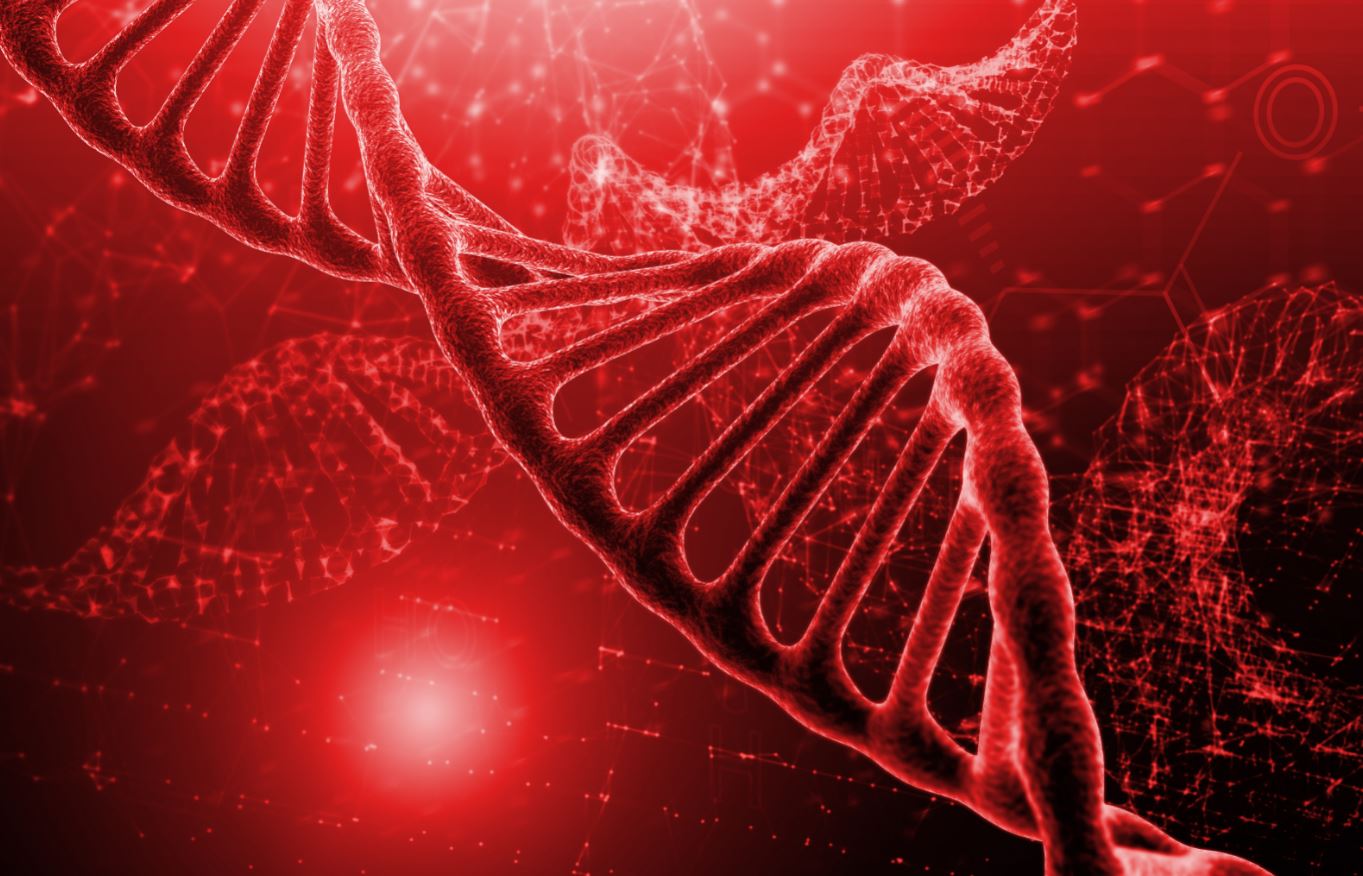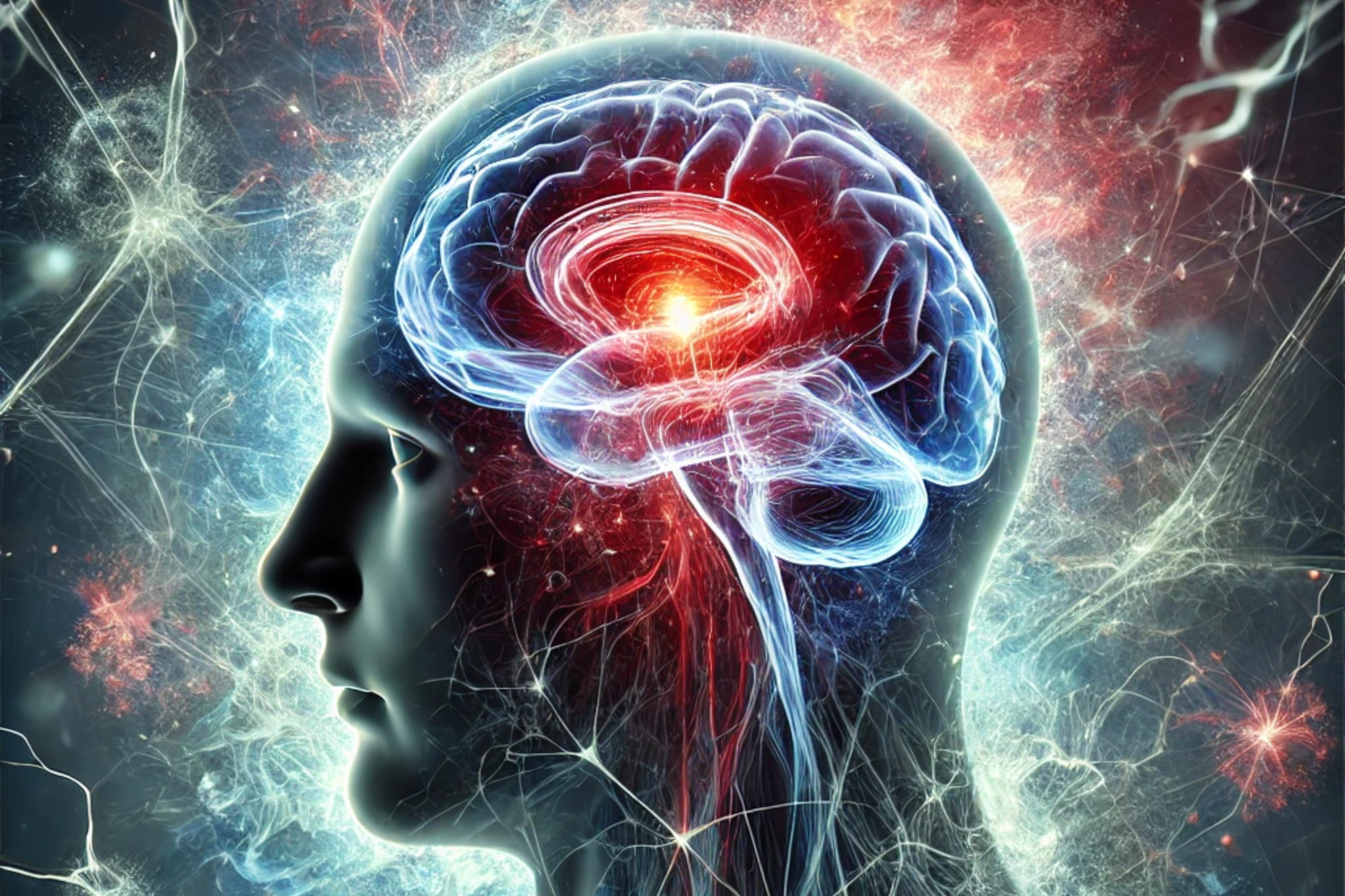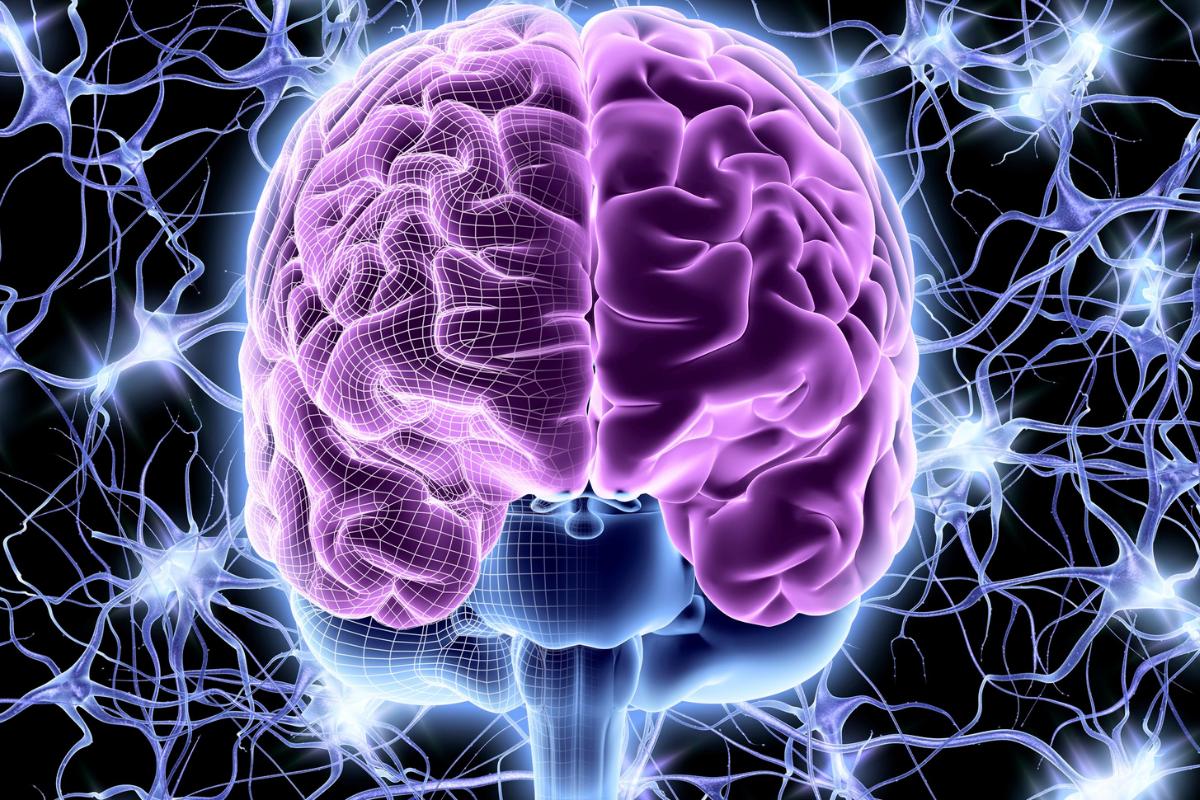By Dr. Petrus Raulino
What are mood disorders?
Mood disorders affect 1 in 4 people throughout their lives. As well as being disabling, they are also co-morbid with other psychiatric disorders.
Due to the lack of objective diagnostic tests and stigma, mood disorders are often underdiagnosed or misdiagnosed (e.g. diagnosis of depression instead of bipolar disorder).
Study on precision medicine
To change the often lengthy process of obtaining a psychiatric diagnosis and treatment, a team from Indiana University of Medicine analyzed how precision medicine, through blood biomarkers of gene expression, could help in this scenario.
The study was published in the journal Molecular Psychiatry.
Biomarkers indicate the occurrence of a certain normal or pathological function of an organism or a response to a pharmacological agent. They are mainly used for diagnosis or to identify the risk of a disease occurring in a patient.
In the study, 26 major gene expression blood biomarkers were found, the analyses of which were taken forward. The biomarkers were tested for predictive capacity and clinical utility in additional independent cohorts.
For the study, volunteers were recruited from three independent cohorts:
- "discovery" of 26 biomarkers (a longitudinal cohort of individuals with diametrically opposed changes in mood over at least two consecutive test visits);
- validation of the 26 "discovered" biomarkers (an independent cohort of individuals with clinically severe depression or mania);
- testing of the 26 "discovered" biomarkers (an independent cohort to test the biomarkers' ability to predict mood states, clinical depression or mania, and to predict future hospitalizations for depression or mania).
Search results
The results of the research showed the usefulness of biomarkers to assess risks that impact the clinical evolution of patients with mood disorders.
This work was a major step towards understanding, diagnosing and treating mood disorders.
The expectation is that in the future, biomarker risk predictors may be useful in preventive approaches, before the full-blown disorder manifests itself or a relapse occurs.
References
Le-Niculescu, H., Roseberry, K., Gill, S. S., Levey, D. F., Phalen, P. L., Mullen, J., ... & Niculescu, A. B. (2021). Precision medicine for mood disorders: objective assessment, risk prediction, pharmacogenomics, and repurposed drugs. Molecular Psychiatry, 1-29.
Lenze, E. J., Rodebaugh, T. L., & Nicol, G. E. (2020). A framework for advancing precision medicine in clinical trials for mental disorders. JAMA psychiatry, 77(7), 663-664.
Alhajji, L., & Nemeroff, C. B. (2015). Personalized medicine and mood disorders. Psychiatric Clinics, 38(3), 395-403.







